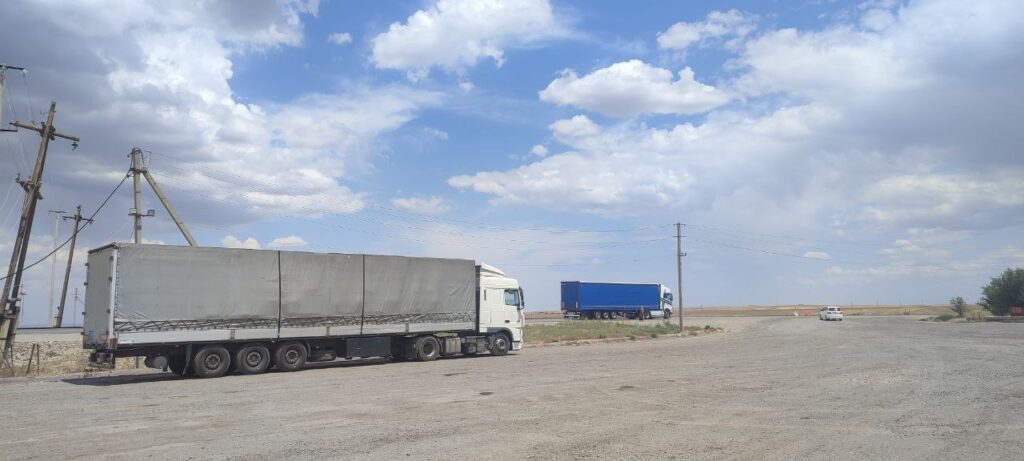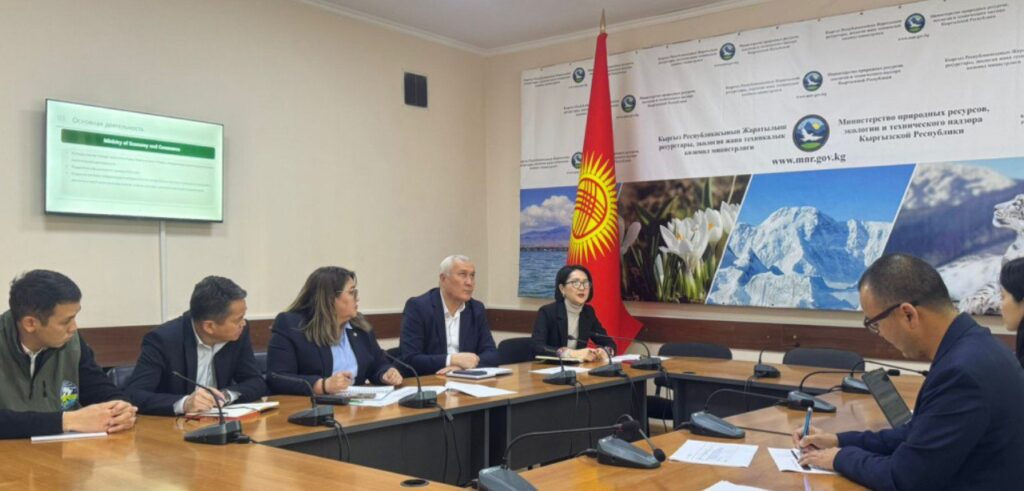Uzbekistan, Kyrgyzstan Strengthen Energy Ties as Kambarata-1 Project Advances
Uzbekistan and Kyrgyzstan are deepening their energy partnership as progress continues on the Kambarata-1 Hydropower Plant (HPP), one of Central Asia’s most ambitious infrastructure projects. Uzbek President Shavkat Mirziyoyev met with Kyrgyz Energy Minister Taalaibek Ibrayev in Tashkent to discuss regional energy cooperation, according to Kyrgyz news agency 24.kg, citing the Kyrgyz Ministry of Energy. The talks focused on strengthening strategic ties between the two countries, with particular emphasis on hydropower development. Both sides acknowledged the growing momentum in bilateral relations and reaffirmed their commitment to joint regional energy initiatives. Mirziyoyev underscored the importance of collaborative water and energy projects, identifying Kambarata-1 as a top priority for all three participating countries, Uzbekistan, Kyrgyzstan, and Kazakhstan. “For the effective use and joint management of the region’s hydropower potential, next year we will begin financing the construction of the Kambarata-1 Hydropower Plant together with Kyrgyzstan and Kazakhstan,” Mirziyoyev said, as quoted by the Kyrgyz Ministry of Energy. He also expressed gratitude to Ibrayev and representatives from major energy companies in the United Arab Emirates, Turkey, and Azerbaijan for supporting Uzbekistan’s efforts to attract investment and adopt advanced energy technologies. The Kambarata-1 project is a trilateral initiative involving Kyrgyzstan, Uzbekistan, and Kazakhstan. With a projected cost of $4.2 billion, the venture has already secured $5.6 billion in committed financing from international financial institutions, according to Uzbek Energy Minister Jorabek Mirzamahmudov. Mirzamahmudov noted that the most recent trilateral ministerial meeting took place in Brussels in late September, coordinated by the World Bank. The event brought together representatives from 10 major financial institutions, including the European Bank for Reconstruction and Development, the European Investment Bank, the OPEC Fund, the Asian Infrastructure Investment Bank, and the Asian Development Bank. Despite strong financial and political backing, the project faces unresolved technical concerns. At a recent parliamentary session in Bishkek, Kanatbek Abdrakhmatov, president of Kyrgyzstan’s National Academy of Sciences, warned that seismic microzonation, a critical safety assessment, has not yet been conducted at the planned construction site. Kambarata-1 is expected to have an installed capacity of 1,860 MW, a reservoir volume of 4.5 billion cubic meters, and a dam height of 256 meters. The facility will house four turbines capable of producing over 5.5 billion kWh of electricity annually. Under the current ownership structure, Kyrgyzstan will hold a 34% stake in the project, while Uzbekistan and Kazakhstan will each hold 33%.






